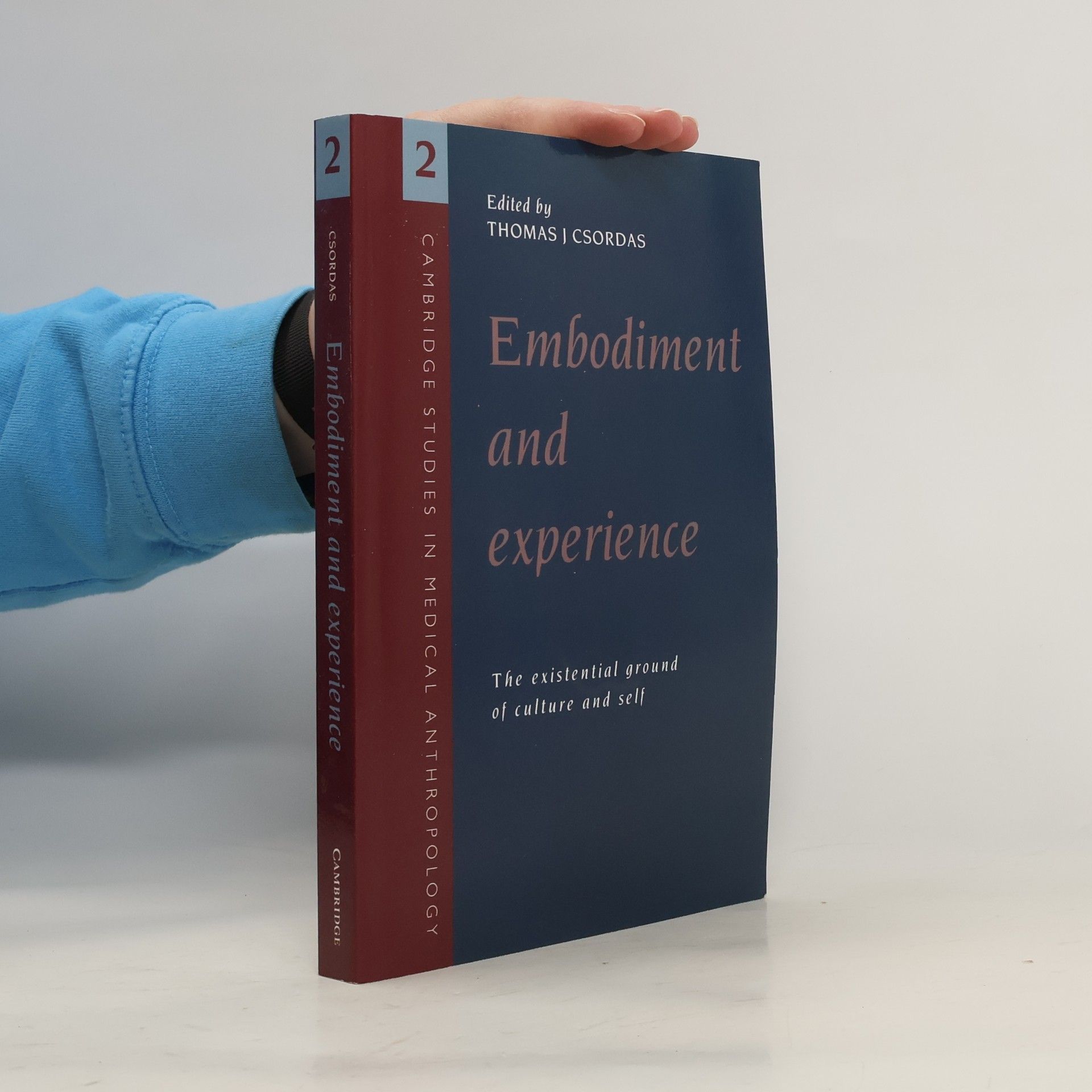"Body, Meaning, Healing" explores the intersection of religion and medicine in 'religious healing.' It examines the human body as a cultural phenomenon, drawing on two decades of research across various healing practices. The book delves into how suffering and the sacred shape our understanding of the therapeutic process and human experience.
Thomas J. Csordas Reihenfolge der Bücher (Chronologisch)
Thomas Csordas ist ein Anthropologe, der sich hauptsächlich auf medizinische und psychologische Anthropologie, vergleichende Religionswissenschaft sowie Phänomenologie von Verkörperung und kultureller Erfahrung konzentriert. Seine Forschung befasst sich mit der komplexen Beziehung zwischen Sprache, Kultur und sozialem Wandel und untersucht, wie Individuen sich selbst und ihr Weltverständnis transformieren. Durch umfangreiche ethnografische Arbeit erforscht er therapeutische Prozesse bei religiöser Heilung, die Kraft ritueller Sprache und die verkörperte Erfahrung von Krankheit und psychiatrischen Zuständen.


Embodiment and Experience
- 306 Seiten
- 11 Lesestunden
Students of culture have been increasingly concerned with the ways in which cultural values are 'inscribed' on the body. These essays go beyond this passive construal of the body to a position in which embodiment is understood as the existential condition of cultural life. From this standpoint embodiment is reducible neither to representations of the body, to the body as an objectification of power, to the body as a physical entity or biological organism, nor to the body as an inalienable centre of individual consciousness. This more sensate and dynamic view is applied by the contributors to a variety of topics, including the expression of emotion, the experience of pain, ritual healing, dietary customs, and political violence. Their purpose is to contribute to a phenomenological theory of culture and self - an anthropology that is not merely about the body, but from the body.